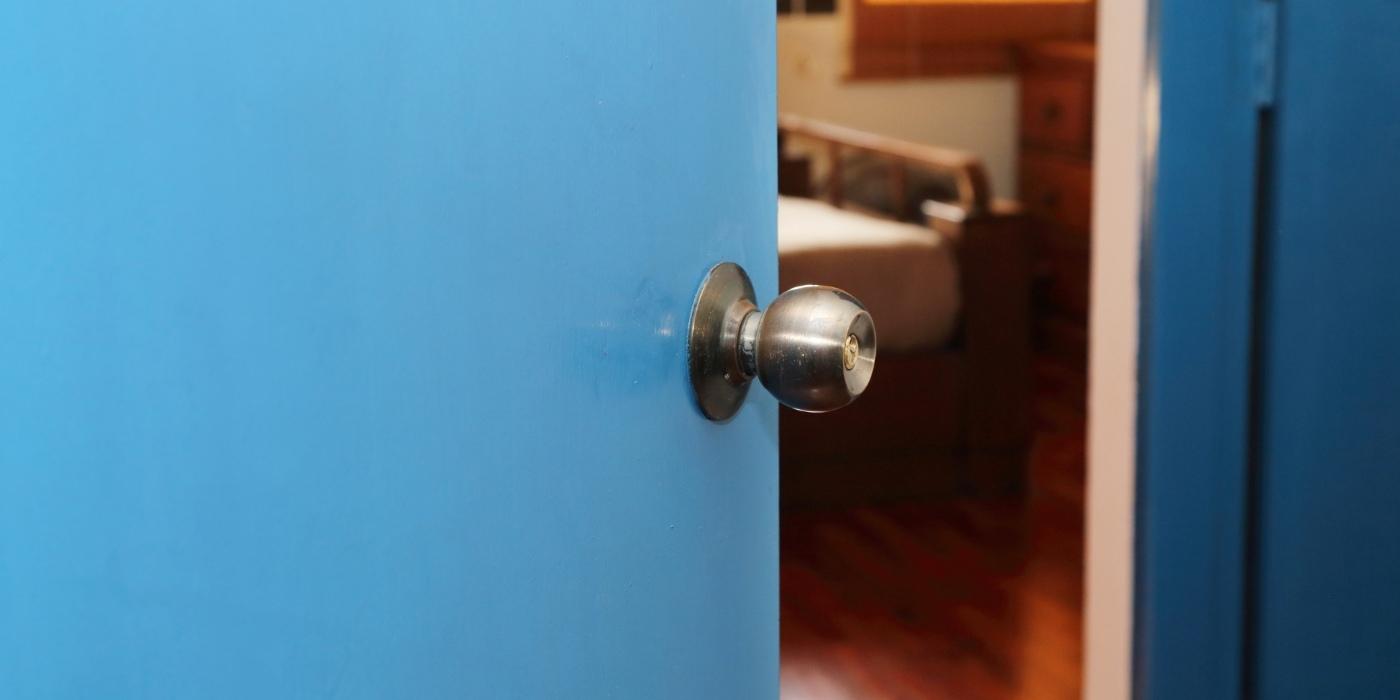
By Dina L.G. Borzekowski, Ed.D., Research Professor, Department of Behavioral and Community Health. Read: Advice for Parents of Elementary School-Aged Children in a Time of Anxiety
With school closures and cancelled events due to COVID-19, households with teenagers are likely hearing more slammed doors. Adolescents have good reason to be angry. Most have gotten over the delight that they don’t have to wake up at 6:30 am for school, and upended life has become a reality.
Adolescence is a developmental stage where one builds peer networks, forms a new-found sense of identity, and establishes greater independence. And while technology can help, it is difficult to replace the social interactions of walking past lockers, sitting together at a lunch table, shooting hoops, or going for a Frappuccino™. Teenagers may play with their identity online, but their sense of self may be constricted by household members and a smaller network. On independence, being sequestered challenges freedom for all of us.
Avoid engaging with an irate adolescent - it is a waste of time and energy.
Altered social circles and cancelled events - both trivial (i.e., going to the movies) and central (i.e., graduation, prom) - will lead to emotional outbursts, including tears and profanity. This is normal and may require greater restraint among parents.
For example, at 15, my son so angered by something which I don’t now remember stormed into his bedroom and slammed the door so hard that it cracked. My spouse, who is the calmer one in our partnership, went to the basement, grabbed a screwdriver, went upstairs and removed the broken door. In that moment, there was no value in trying to have a meaningful or instructive conversation.
Enlist another adult to assess how your teenager is doing.
You are much cooler to your child’s friends or your niece or nephew than you will ever be to your own child. Currently, you are the evil one nagging your child about not leaving the half-eaten bowl of cereal on the couch or perhaps doing that physics study packet. Your child doesn’t really want to talk to you right now. However, Grandpa or Karen, your next-door neighbor, may be able to lend an ear (via Facetime, of course). The in situ parent can better monitor how the current stressors affect your teen’s health, behaviors, thoughts or feelings.
Take care of yourself – it will go a long way.
Parents always put their children first, but maybe this time, and with your adolescent, it’s time to put your mask on first. While communities are physically distancing, parents should model healthy behaviors. Your teenager will notice. Spend less time binge-watching Hulu. Avoid (too much) junk food and alcohol. Set a time and space to do your own work. Try the hobby you’ve never had time to explore, like gardening or baking; exercise.
Albeit harder while we are all sequestered, space is important for adolescent development and parents’ sanity. Eschew drama, rely on others, and engage in self-care.
Read: Advice for Parents of Elementary School-Aged Children in a Time of Anxiety
Related Links: